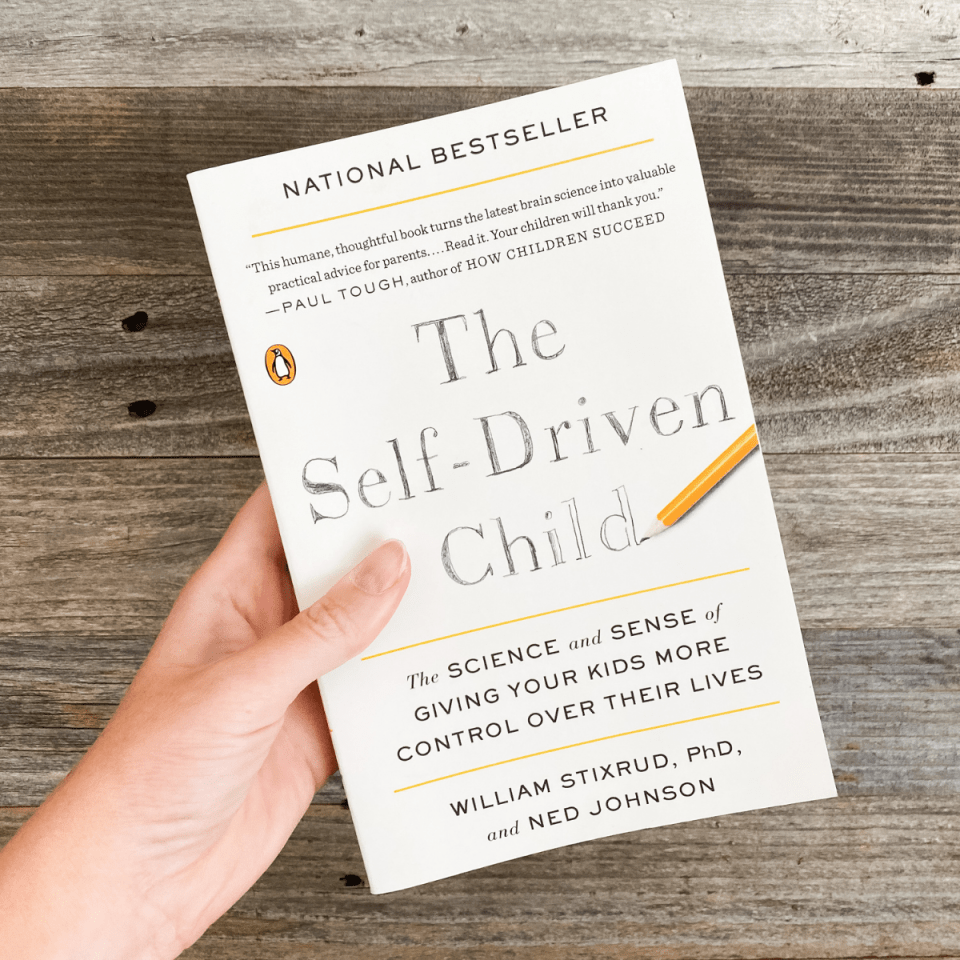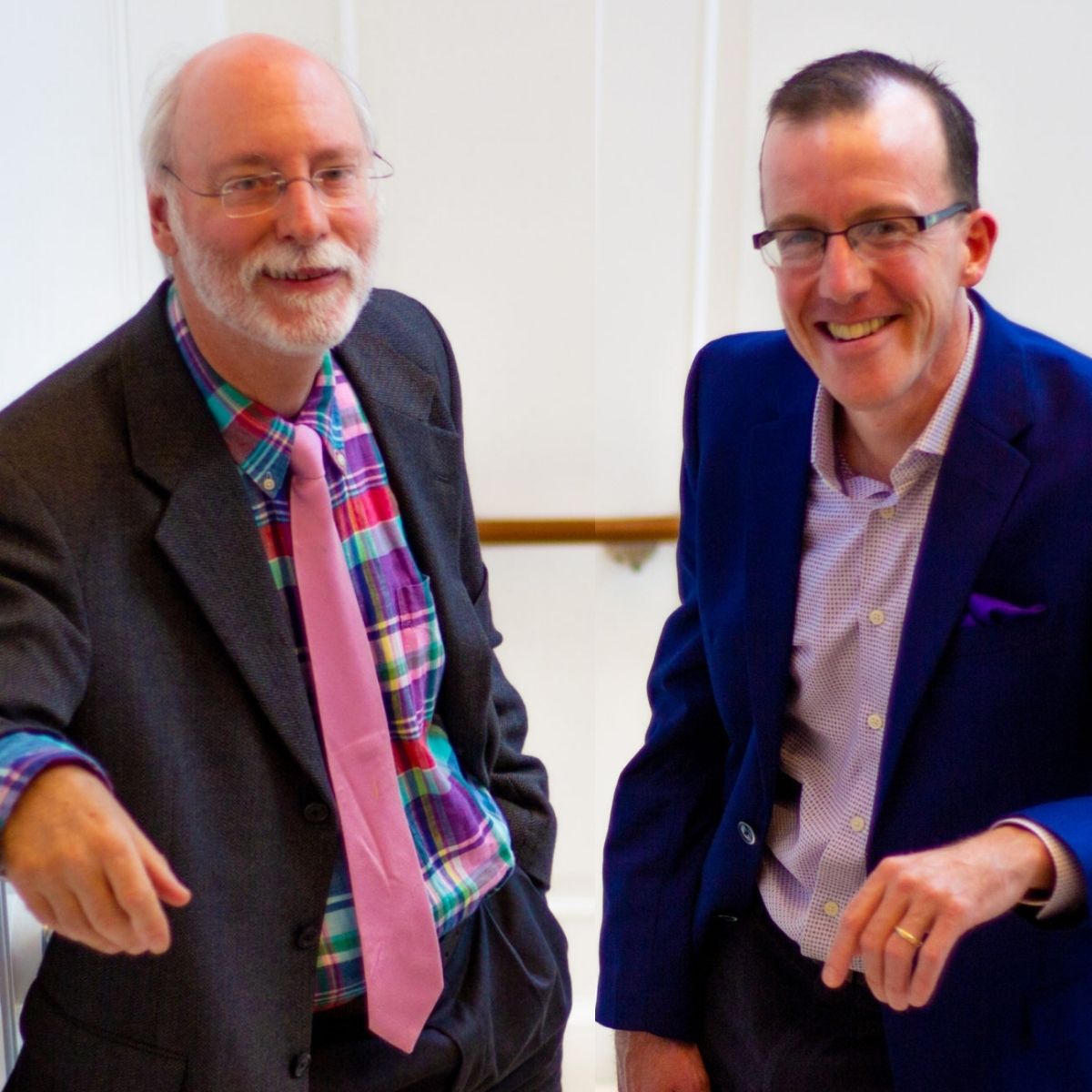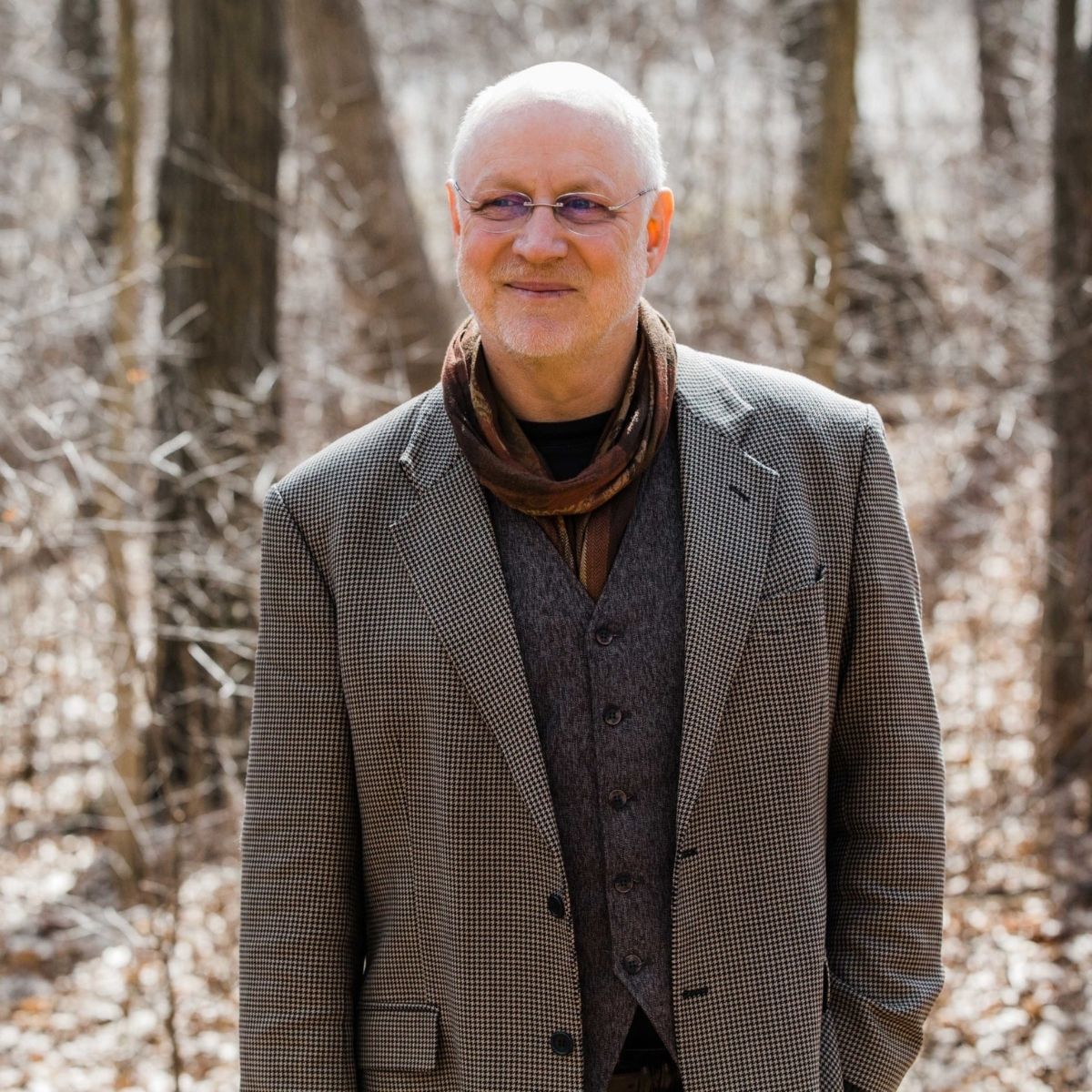
This might be my most requested blog post of all-time and for good reason. I have curated a collection below of about a dozen books that together cover all of the vital aspects of gentle parenting (also known as attachment, respectful, peaceful, positive, parenting). If I were designing a university program in parenting, this would be the book list. If my child were to become a parent, this stack would be my gift. I sincerely believe that if every parent read through the body work of work represented here, we could heal the world. So let’s do just that.
Browse the stack or jump straight to your favorite.
Disclosure: When I recommend a product that I believe will add value for you, it may contain an affiliate link. When you click the link to make a purchase, I may receive a small commission at no extra cost to you.

1. The Attachment Parenting Book
I read The Attachment Parenting Book: A Commonsense Guide to Understanding and Nurturing Your Baby by Dr. William and Martha Sears in grad school after giving birth to my first baby and it gave life to all of the intuitive wisdom that had been screaming deep within me against all of the loud, controlling mainstream parenting advice of disconnection. The primary tenants of the approach are the 7 B’s: birth bonding, breastfeeding, baby wearing, bedding close to baby, belief in the language value of your baby’s cry, beware of baby trainers, and balance. They are a set of practices rooted in a a natural, evolutionary approach that sets up both baby and mother to thrive. This book will soften you and shift you into a harmonious alignment with your baby, forming a secure connection that can last a lifetime.
“To your baby, you are the best mother.”

2. The Conscious Parent
The Conscious Parent: Transforming Ourselves, Empowering Our Children by Shefali Tsabary is not a how-to book of parenting strategies but a philosophical guide for walking the parenting journey with mindfulness. I put down the book feeling like my mind just left a conscious parenting retreat, punctuated with moments of, “Ah, yes,” and feeling spiritually rejuvenated. I highly recommend this book for parents in the advanced class and still return to it every so often to recalibrate my soul and refocus on the real work of parenthood: tending to the invitation from our children to grow into our own enlightenment.
“When you parent, it’s crucial you realize you aren’t raising a “mini me,” but a spirit throbbing with its own signature. For this reason, it’s important to separate who you are from who each of your children is. Children aren’t ours to possess or own in any way. When we know this in the depths of our soul, we tailor our raising of them to their needs, rather than molding them to fit our needs.”

3. Simplicity Parenting
Simplicity Parenting: Using the Extraordinary Power of Less to Raise Calmer, Happier, and More Secure Kids by Kim John Payne had me giving a standing ovation with a dramatic slow clap. It was describing a lot of the work I was doing with families and validating the powerfully positive effects I was seeing. Mainstream kids today exhibit a “soul fever” or “Cumulative Stress Reaction” similar to complex PTSD that pushes personality quirks into disorders, for which the antidote is to simplify the environment, rhythm, and schedule, and filter out the adult world.
The latter portion of the book dives into that last component and that is where my enthusiasm wanes. I work hard to advocate for integration (there is no adult versus child world—just the one world we all live in together), so while I wholeheartedly agree that it is in everyone’s best interest to simplify and be intentional about what content enhances everyone’s well-being, I wouldn’t recommend doing that by compartmentalizing life into two different worlds or by eliminating technology, which can be a value add. But overall, a worthy addition to the gentle parenting cannon.
You do not want to miss my podcast episode with Kim here—it’s a fan favorite.
“Quirk plus stress equals disorder.”

4. The Whole-Brain Child
The Whole-Brain Child: 12 Revolutionary Strategies to Nurture Your Child’s Developing Mind by Drs. Daniel Siegel and Tina Payne Bryson imparts a vital understanding of how your child’s brain works. If you’ve ever felt frustrated while trying to explain something logical to a child in the midst of big feelings, this is the piece you have been missing. They walk you through integrating left (logical) with right (emotional) and upstairs (evolved) with downstairs (caveman). What part of your child’s brain is activated right now? Only if you meet them there can you walk them to a more integrated state.
“It’s also crucial to keep in mind that no matter how nonsensical and frustrating our child’s feelings may seem to us, they are real and important to our child. It’s vital that we treat them as such in our response.”

5. Nonviolent Communication
Marshall Rosenberg is the Mr. Rogers for adults and his book Nonviolent Communication: A Language of Life: Life-Changing Tools for Healthy Relationships gives life to all of the things I’ve spent my life trying to grow into and share with others. I want to live in the kind of world he advocates and the best way for me to create that reality is through my communication, especially with my children. The approach centers around identifying and communicating your feelings, needs, and requests and within such simplicity lies world-changing brilliance.
“Every criticism, judgment, diagnosis, and expression of anger is the tragic expression of an unmet need.”

6. The Self-Driven Child
In The Self-Driven Child: The Science and Sense of Giving Your Kids More Control Over Their Lives, Dr. William Stixrud (a neuropsychologist) and Ned Johnson (a test prep specialist) provide the hard science, inspiring anecdotes, and practical how-to’s to get you out of your kid’s way. Children need agency to live fulfilling lives, so don’t be a manager, be a non-anxious consultant.
“‘It’s your call. I have confidence in your ability to make informed decisions about your own life and to learn from your mistakes.’”
The conversation I shared with both Bill and Ned in episode 53 of the Sage Family podcast is one of my all-time favorites.

7. Balanced and Barefoot
Balanced and Barefoot: How Unrestricted Outdoor Play Makes for Strong, Confident, and Capable Children by Angela Hanscom is unique on this list in that it was written by a pediatric occupational therapist and founder of Timbernook, a nature-based developmental program. The author advocates for unstructured outdoor play as the necessary environment for optimal body, brain, and social development. But it goes beyond the obvious, even for us tree hugging parents. There is an epidemic of children who are lacking in basic human skills and these are the very skills that flourish with unstructured time spent in nature (proprioception and sensory integration, to name just a couple). Boiled down to one sentence I would say open the door and set your children free, and that may not be novel to you, but the depth to which that experience (or lack thereof) reaches into the seemingly unrelated challenges within your child is profound.
“In nature, children learn to take risks, overcome fears, make new friends, regulate emotions, and create imaginary worlds.”

8. Raising Good Humans
Raising Good Humans, A Mindful Guide to Breaking the Cycle of Reactive Parenting and Raising Kind, Confident Kids by Hunter Clarke-Fields invites mindfulness into the parenting conversation, which is a significant and integral component of gentle parenting that is often overlooked. She shares personal examples from her own journey and practical methods from experts in the field to make mindfulness accessible to all of us.
Hunter joined me on the podcast for a quality content packed episode that you can hear here.
“Let’s be real: in our interactions with our kids, we’re usually trying to manipulate them—to make them do something. We need to change our way of thinking, from changing the other to expressing our own unmet needs.”

9. Unconditional Parenting
Unconditional Parenting: Moving from Rewards and Punishments to Love and Reason by Alfie Kohn serves to break down and unpack a whole lotta parenting baggage we bring to the table (false assumptions, beliefs, and expectations around the mainstream parenting paradigm). Spoiler alert: rewards and punishments do not work. But since this is such a foundational component to mainstream parenting that is so difficult to escape, it’s invaluably worthwhile understanding why—less of a how-to and more of a how and why not to.
Having the privilege of sharing conversation with Alfie Kohn for the Sage Family Podcast was quite a thrill. His passion is contagious! So be sure to listen to that episode right here.
“The way kids learn to make good decisions is by making decisions, not by following directions.”

10. The Explosive Child
In The Explosive Child: A New Approach for Understanding and Parenting Easily Frustrated, Chronically Inflexible Children Dr. Ross Greene shares his evidence based, proactive and collaborative framework for parenting explosive children. You start by checking off lagging skills and listing unsolved problems (this worksheet can help) and then you sit down with your child and move through 3 steps: empathy (“I’ve noticed that . . . “), define the problem (“my concern is . . .”), and invitation (“I wonder if there’s a way . . .”). The process helps you to prioritize challenges (you work on one at a time) and get realistic and mutually satisfactory solutions from your child. This approach feels good ethically and relationally and it works, whether it’s in your living room or a juvenile detention facility.
My podcast episode with him here was very informative.
“We’re going to assume that your child is lacking skills rather than motivation. We’re going to focus on problems rather than behaviors. We’re going to focus on solving those problems rather than on rewarding and punishing those behaviors. And we’re going to solve those problems proactively rather than in the heat of the moment.”

11. Breaking Free of Child Anxiety and OCD
Breaking Free of Child Anxiety and OCD: A Scientifically Proven Program for Parents encourages reducing accommodations while increasing support. Accommodations are all of the adjustments we make to help our child avoid experiencing anxiety. The problem is that the more we avoid anxiety, the bigger it grows. So rather than trying to change our child, we change the way we respond to our child’s anxiety, which is fully in our sphere of control. We respond by accepting that anxiety is showing up while embodying total confidence that our child is safe within it. Our child gets to experience closing the loop—feeling the wave of anxiety move through them and not dying—which expands their whole world. They gain a felt sense of knowing they can feel big feelings and move through them.
My conversation with Eli was so juicy and good—heaps of real life examples and scripts from my own mothering journey alongside his clinical expertise. Give this episode a listen here for sure if anxiety is part of your family’s story.
“Support = Acceptance + Confidence”

11. Differently Wired
Differently Wired: Raising an Exceptional Child in a Conventional World by Deborah Reber is for every parent who has ever felt like their child is a square peg and society’s expectations for them are a round hole. She shares her personal story raising her atypical kid but through that story she explores so many sides of that journey, all through a strength-based lens that leaves you feeling hopeful and not alone.
I had the pleasure of sharing a conversation with Debbie Reber who was such a joy and you can listen to that episode here.
“Not only are these differences not going away, but we as a society need the millions of neurodiverse children in the world today, with their powerful gifts, talents, and abilities, to flourish. Because they are the future.”

13. Parenting for Social Change
Parenting for Social Change: Transform Childhood, Transform the World by Teresa Graham Brett had been recommended to me several times over the years by people who know me and my work well, so after having it on my amazon list way too long, I finally dove in, and it exceeded my expectations. The writing style is not warm and fuzzy but it is efficient and effective. She combines research with her professional work in social justice and her personal journey as a mother to walk us from where most parents are now to where we all need to be and why, ending the cycle of oppression and changing the world for the better.
I consider Teresa a friend and that comes through in this episode of the Sage Family Podcast with her.
“The children who share our lives give us the opportunity to transform ourselves so that they can transform the world.”
And there it is my friends, at your request, the books that have been most impactful for me on my gentle parenting journey. It is my hope that you will order today the books from this list that you haven’t yet read and get that highlighter ready. To grow into our potential as people and parents, we have to be open minded to learning—evolving is good! And as we evolve ourselves, our children follow, and the effect ripples out exponentially. Books are powerful things in the hands of a person with an open heart and mind. I know that is you.
Feel free to comment below with your favorites!



Those are some really great books that you mentioned. I heard about most of them on the list especially number 6.